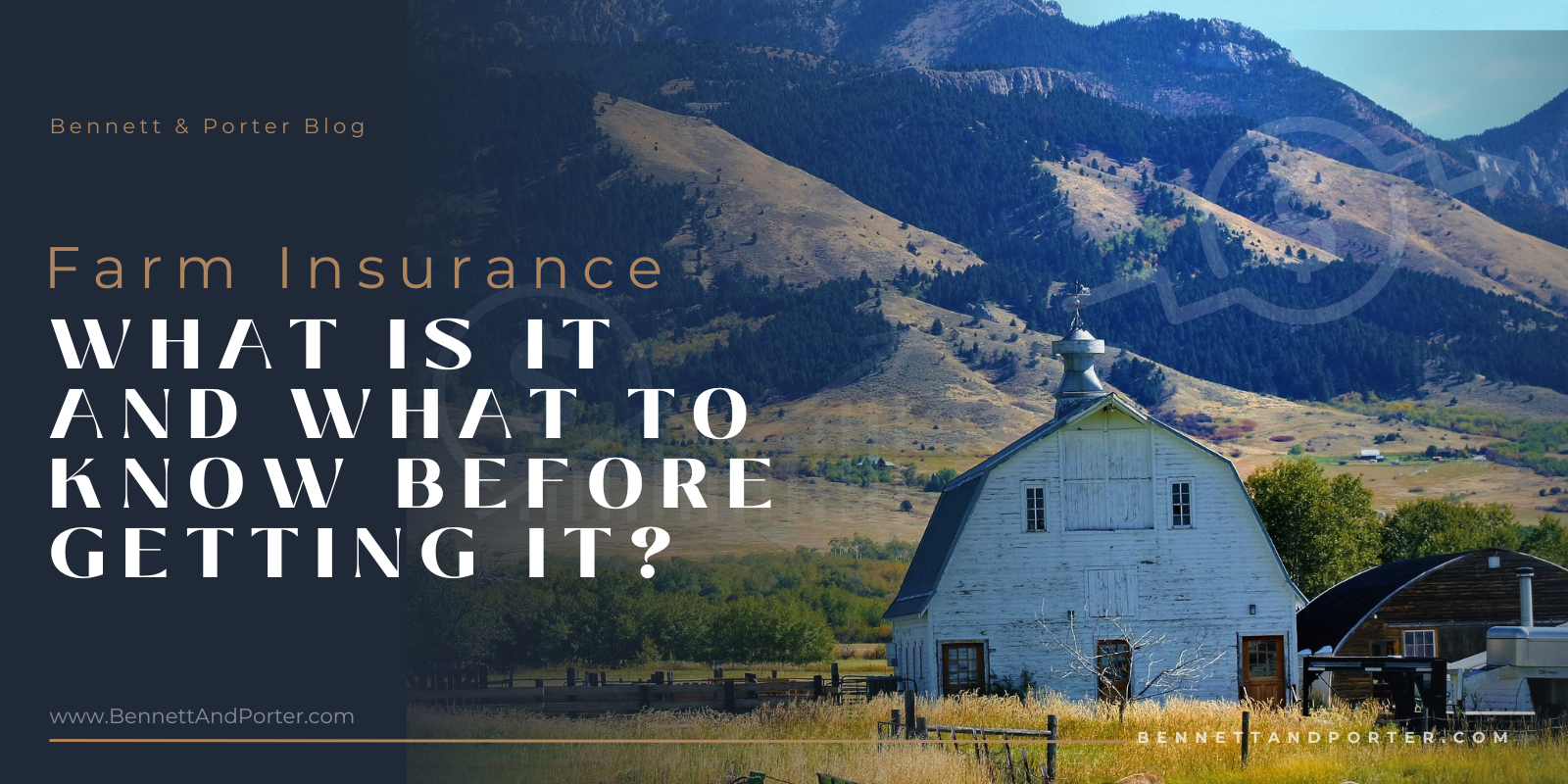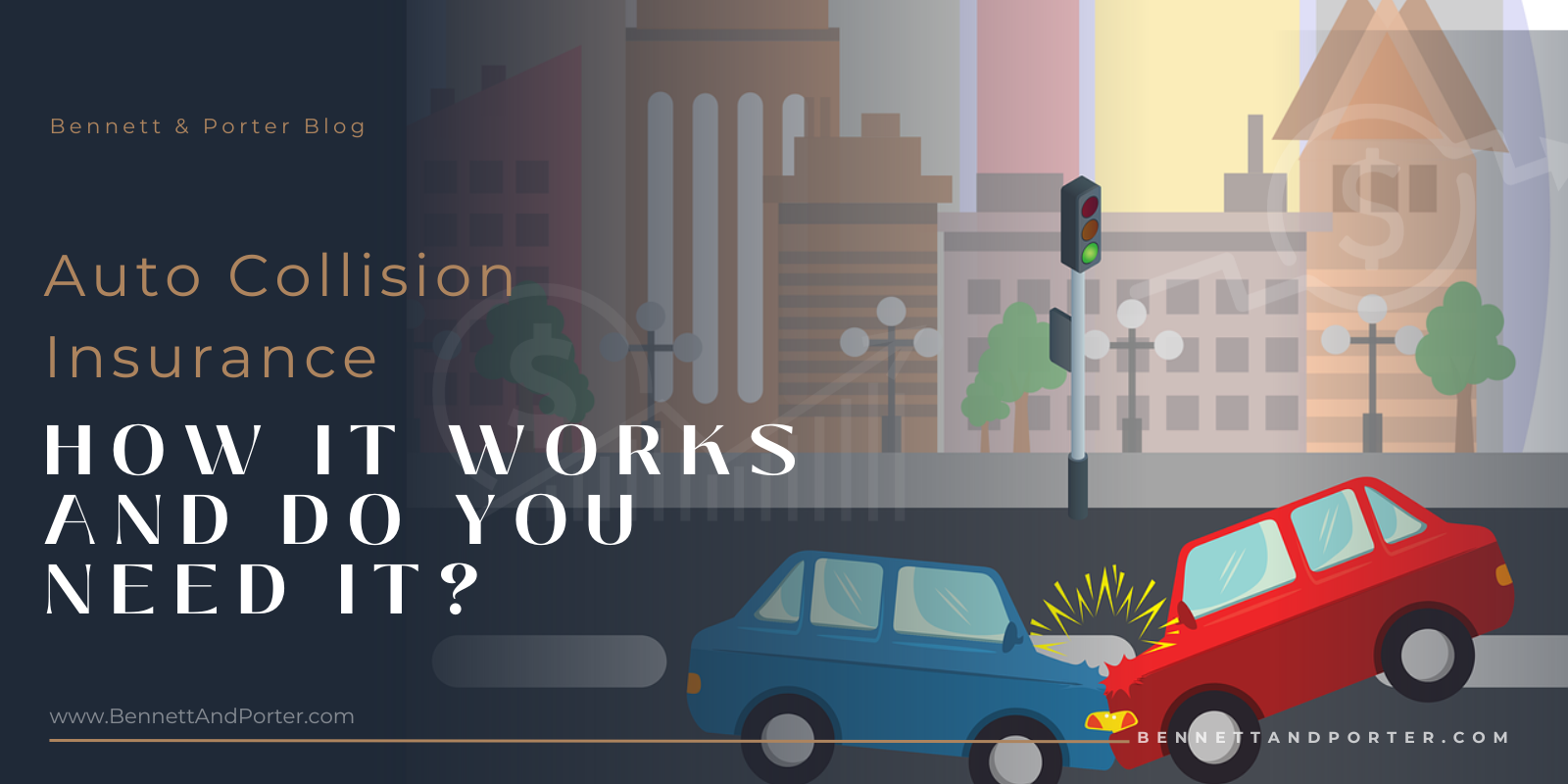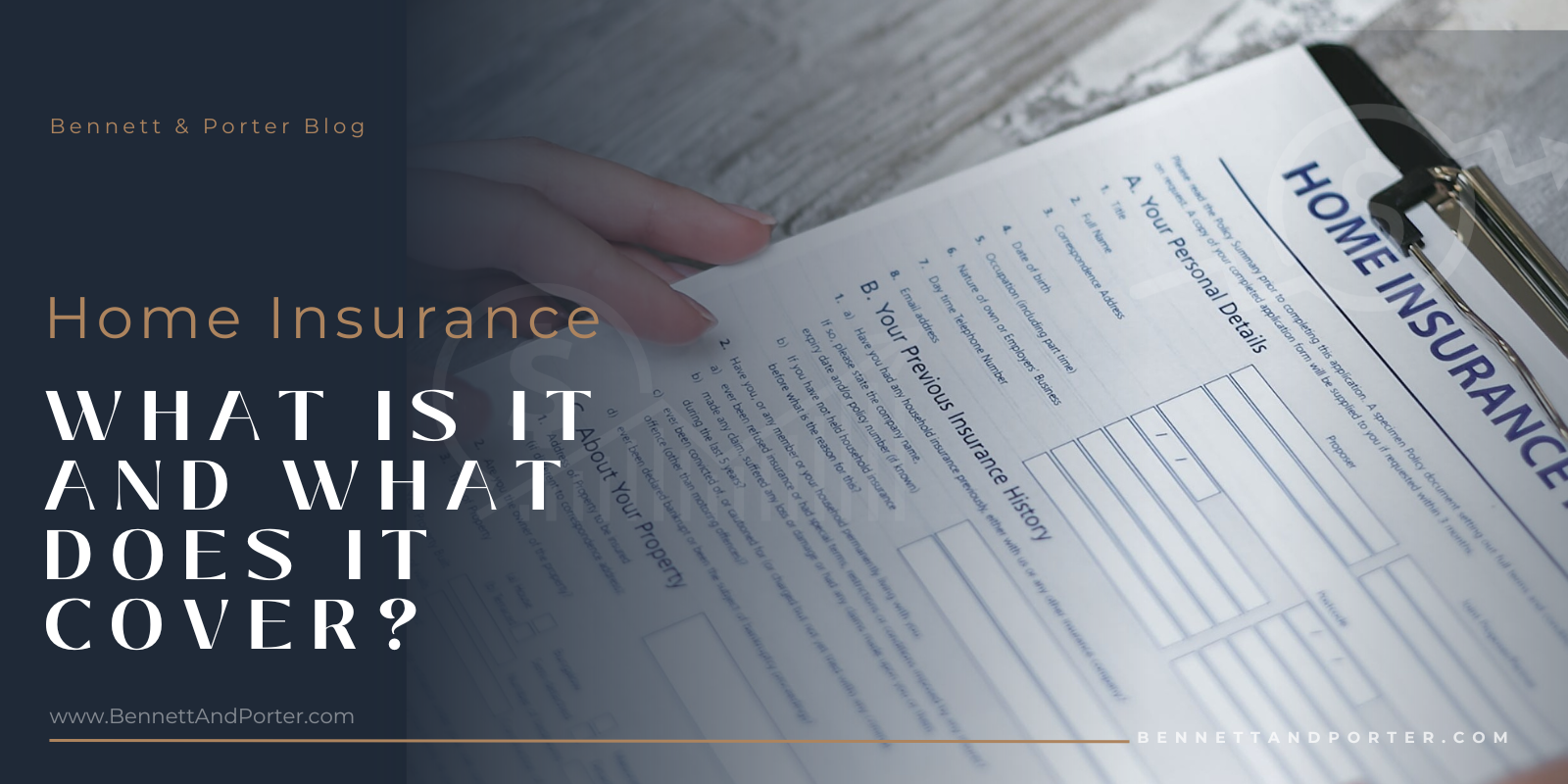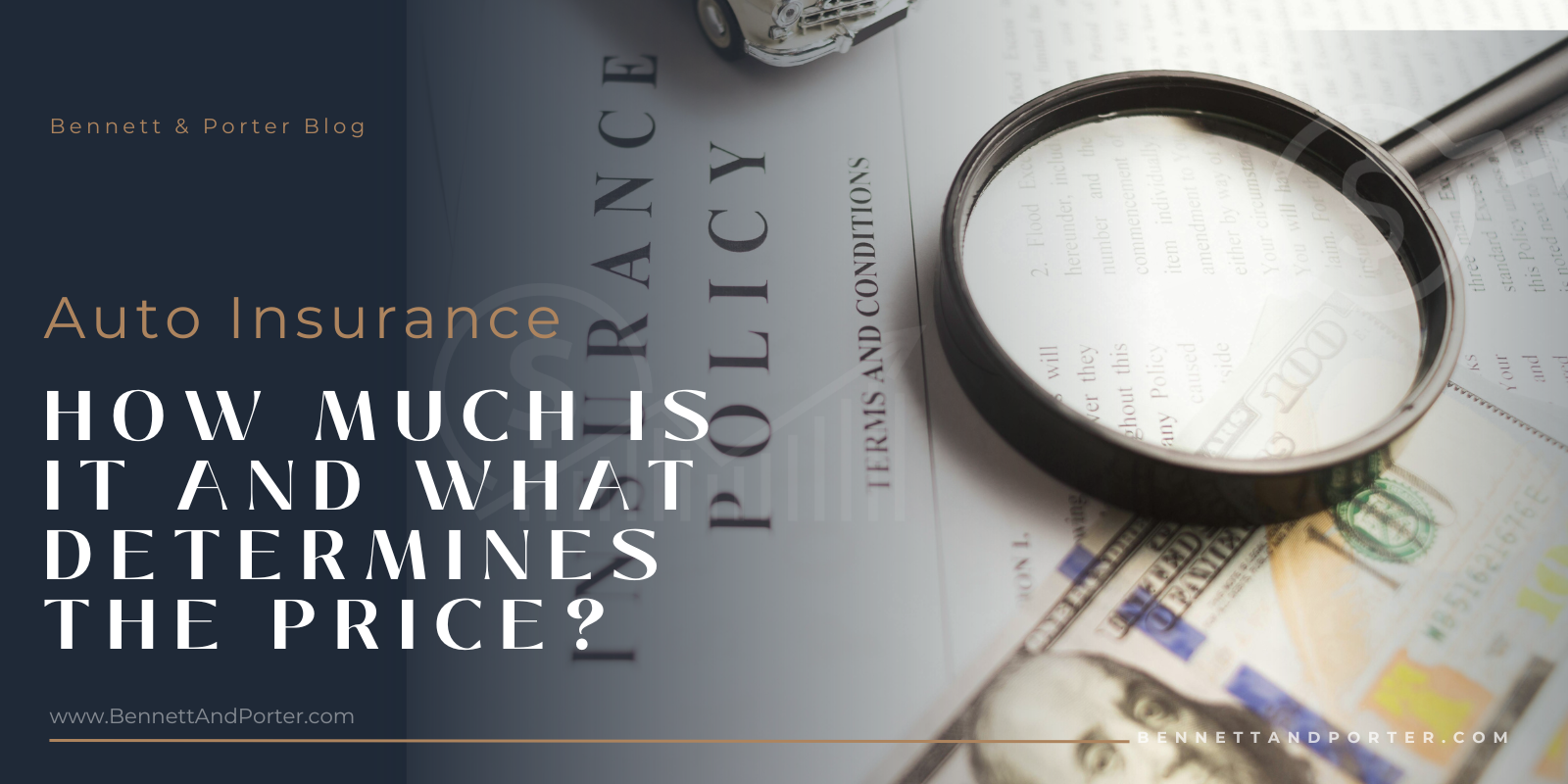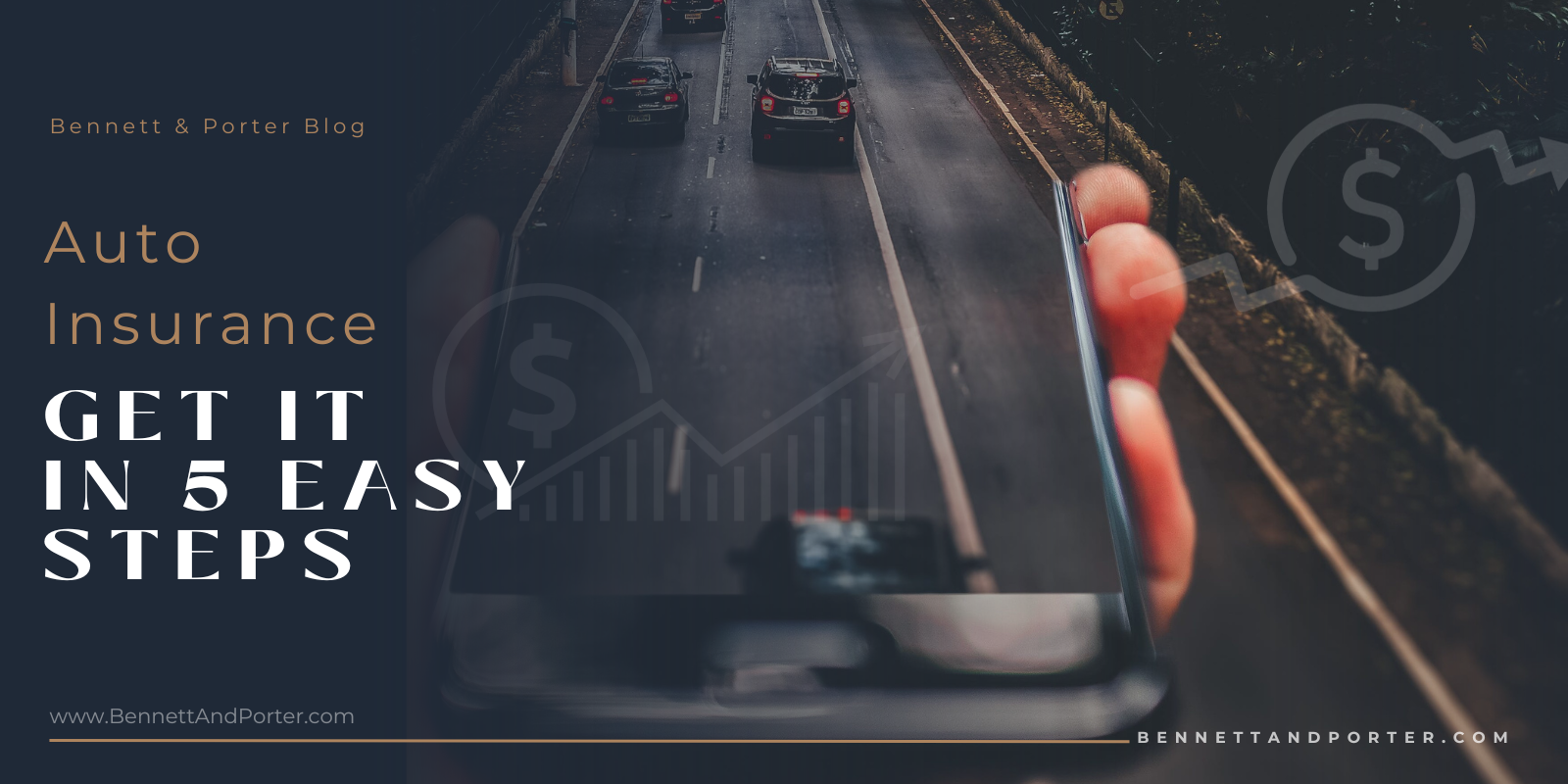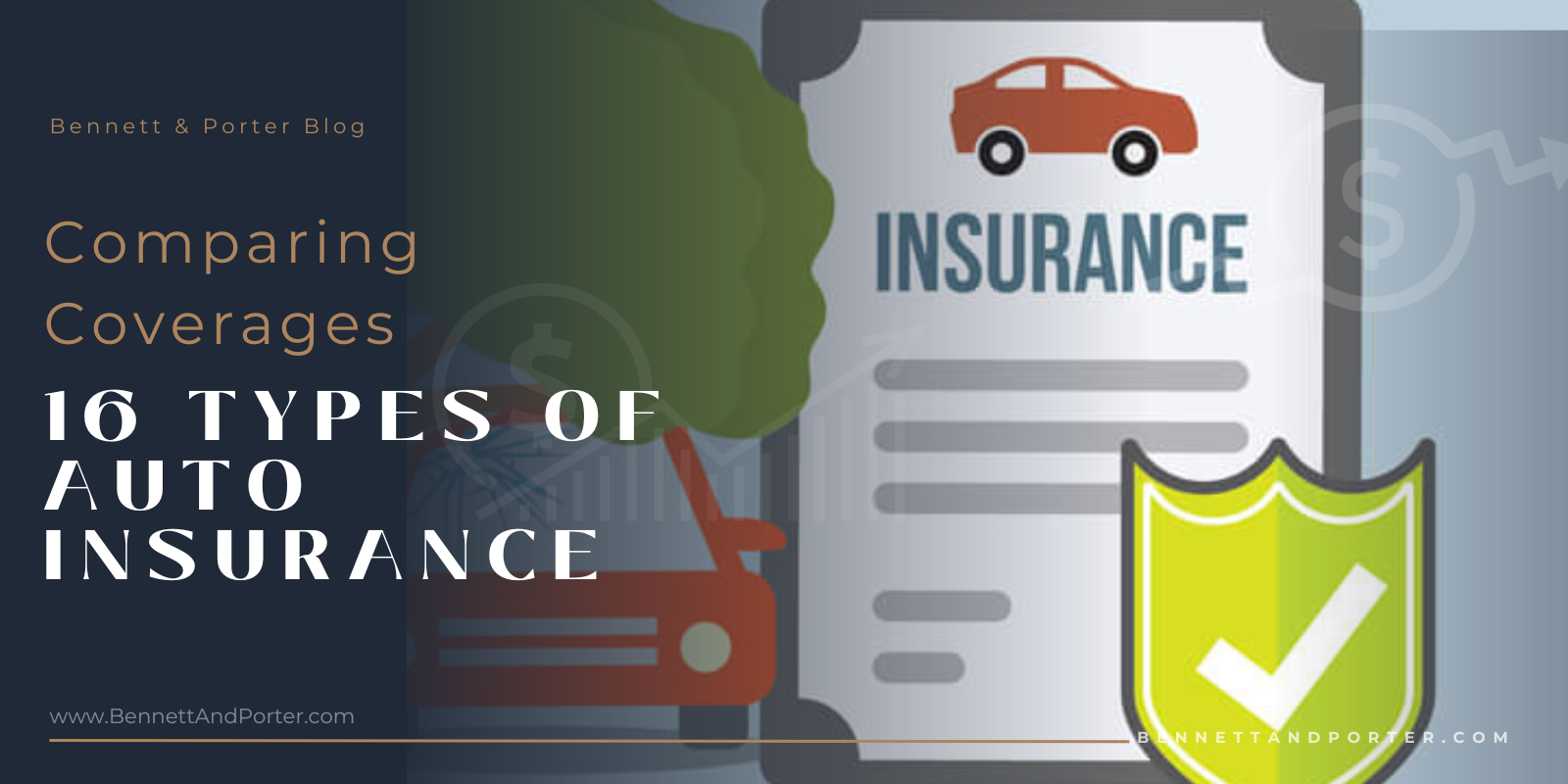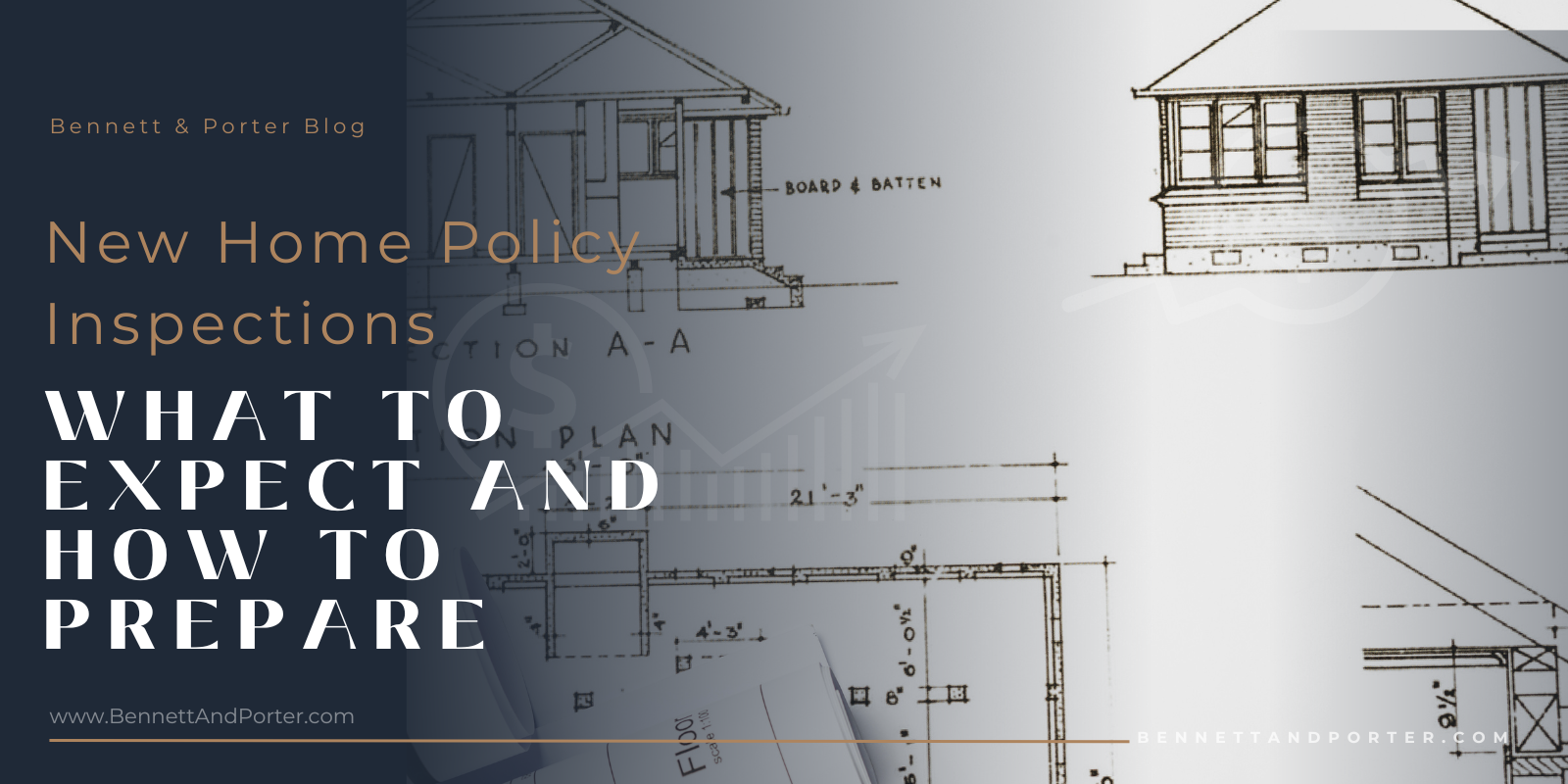Whether you currently have farm insurance or are questioning why and how much you need it – you’ve come to the right place. We’ll dive deep into farm and ranch insurance, how it works, what it’s protecting you from, and how it differs from homeowners insurance.
Without further ado, let’s jump right in and answer all of that and more.
What Are Ranch and Farm Insurance?
Farm and ranch insurance is a hybrid form of coverage meant to protect you personally and commercially. Generally, this type of insurance provides coverage for your home and its contents, as well as other equipment, structures, and tools from different types of accidents that could hurt your farm.
There are different types of coverages that fall into roughly three categories, including:
- Home and belongings coverage
- Farm buildings and property
- Liability
Each of these different types is designed to protect and cover a different part of your life on the farm and each is crucial. It’s also important to note that farm insurance policies are adjustable and you can often tailor them to suit your particular needs.
Home and Content Coverage
Just like a homeowners’ policy, most farm insurance policies will cover your home and personal belongings. That’s because farm policies were created around the idea of a traditional farm, where the land around the house is used to grow crops or raise animals.
All that’s to say is protecting your house is a natural part of a traditional farm policy.
However, if your home isn’t next to your farm, you can still enjoy coverage with a modern farm policy. The home and contents part of the policy covers the house itself, as well as the structures attached to it.
What’s more, it includes your personal property inside the home. Keep in mind that some belongings within the home are often excluded from the policy, like firearms, jewelry, and cash.
Farm Outbuildings Coverage
Farm outbuildings coverage is one of the most important parts of your coverage. It protects the buildings where you store your equipment, house your livestock, and do all other necessary work that keeps your farm running.
Everything from garages for tractors and equipment, storage buildings, hay barns, chicken and hog houses, and horse stables can be included in this section. Each of these buildings can be covered based on their value and the type of coverage you get will depend on the age and condition of the structure.
For example, a brand new horse stable can be covered by replacement cost, while a dilapidated old shed may only be insured for Actual Cash Value (ACV). ACV refers to what the building is currently worth, while the replacement cost equals the cost of a new building.
Farm Machinery Coverage
Farm machinery coverage protects the vehicles and devices you use every day to grow, cultivate, or raise the products of your farm. Tractors, combines, trailers, trucks, and other types of equipment can be covered by this part of the farm insurance policy.
For farm machinery, it can be insured for ACV, not replacement cost. That means that most machinery is covered based on its actual value, not what it would cost to replace it with something new.
Farm machinery coverage needs to be updated every year as farmers go through old equipment and buy new machinery. Farm equipment can be added individually, it can be scheduled, or covered under a blanket policy. The blanket policy gives a total amount of protection for all farming items.
Farmer’s Liability
Farmer’s liability is incredibly important as it protects you, your employees, and any visitors from harm. However, it’s often left off of the insurance policy and it’s important to ensure whether yours has it.
Whether you have drivers delivering goods, visitors, salespeople, or anyone else on your farm, this type of coverage will protect you from being responsible if they get hurt there. Farmer’s liability can protect you from paying medical bills, legal fees, court costs, and more.
What’s more, it’s often the least expensive part of your farmer’s insurance policy.
Livestock
Most farm insurance policies offer broad coverage of livestock in the event they’re killed or injured as a result of a covered peril. Also, there are certain extensions that cover a much wider array of perils that can happen to animals.
For example, these can include the death of an animal in case of an accidental shooting or getting struck by a vehicle. What’s more, they might also cover attacks on livestock by dogs or wild animals, as well as floods and earthquakes.
Equine Coverage
It’s important to note that horse and equine animals are unique in farm insurance policies because of the variety of purposes they serve. Whether you use horses or donkeys for work, breeding, or show – they are investments and should be insured.
Companies that offer farm and ranch insurance employ special adjusters specifically for equine animals. What’s more, they also offer a list of options to cover them. So choosing the best type of protection is a decision that you should make with your agency.
Typical coverage options for horses include animal mortality coverage and it covers death due to a number of perils, as well as theft. However, it also covers death due to sickness and disease.
Other livestock options for horses include:
- Major medical expenses
- Surgical expenses
- Loss of use coverages
Crops
The weather tends to be pretty unpredictable and can wreak havoc on your crops. That’s where crop insurance comes in.
You can find crop insurance in a variety of forms and the type you get can depend on what you’re growing and when you’re growing it. A solid policy can cover the cost of planting and replanting, large production losses, weather-related losses, and more.
Worker’s Compensation
No matter how many people you have working for you or helping you on the farm, it’s important to protect them from risky situations. Even if you have family members helping on the farm, being uninsured leaves you and them exposed to rusk. A workers’ compensation policy could make all the difference if your employees or anyone on your farm got hurt.
What Is Excluded from Farm Insurance?
There are several things you might think are automatically included in farm insurance but actually don’t fall into the policy. So before getting yours, it’s crucial to verify that the things you need are covered.
That said, most farm insurance policies don’t automatically cover fencing.
Fencing
Some farms have miles of fencing while others don’t have any. Some have low-end security fences, while others are more modern, secure, and expensive. For those reasons and more, many insurance companies don’t automatically add fences to their policies. However, if you would like fencing to be part of your policy, you can ask for a policy extension.
What Is Homeowners Insurance?
Homeowners insurance is a form of property insurance that covers losses and damages to a person’s residence, furnishing, and other assets in the home.
Farm Insurance vs. Homeowners Insurance
There are several key differences in coverage between a homeowners insurance policy and a farm policy. Even though both policies cover personal property and liability exposures, the scope of coverage can differ greatly.
For example, home insurance covers:
- Home structures
- Possessions within the home
- Personal liability coverage
- Outbuildings and structures (to a certain extent)
On the other hand, farm insurance covers:
- Home structures
- Possessions within a home
- Personal liability coverage
- Outbuildings and structures
- Farm machinery and equipment
- Livestock and crops
- Farm products
- Farm product liability coverage
- Equine liability
- Chemical drift liability
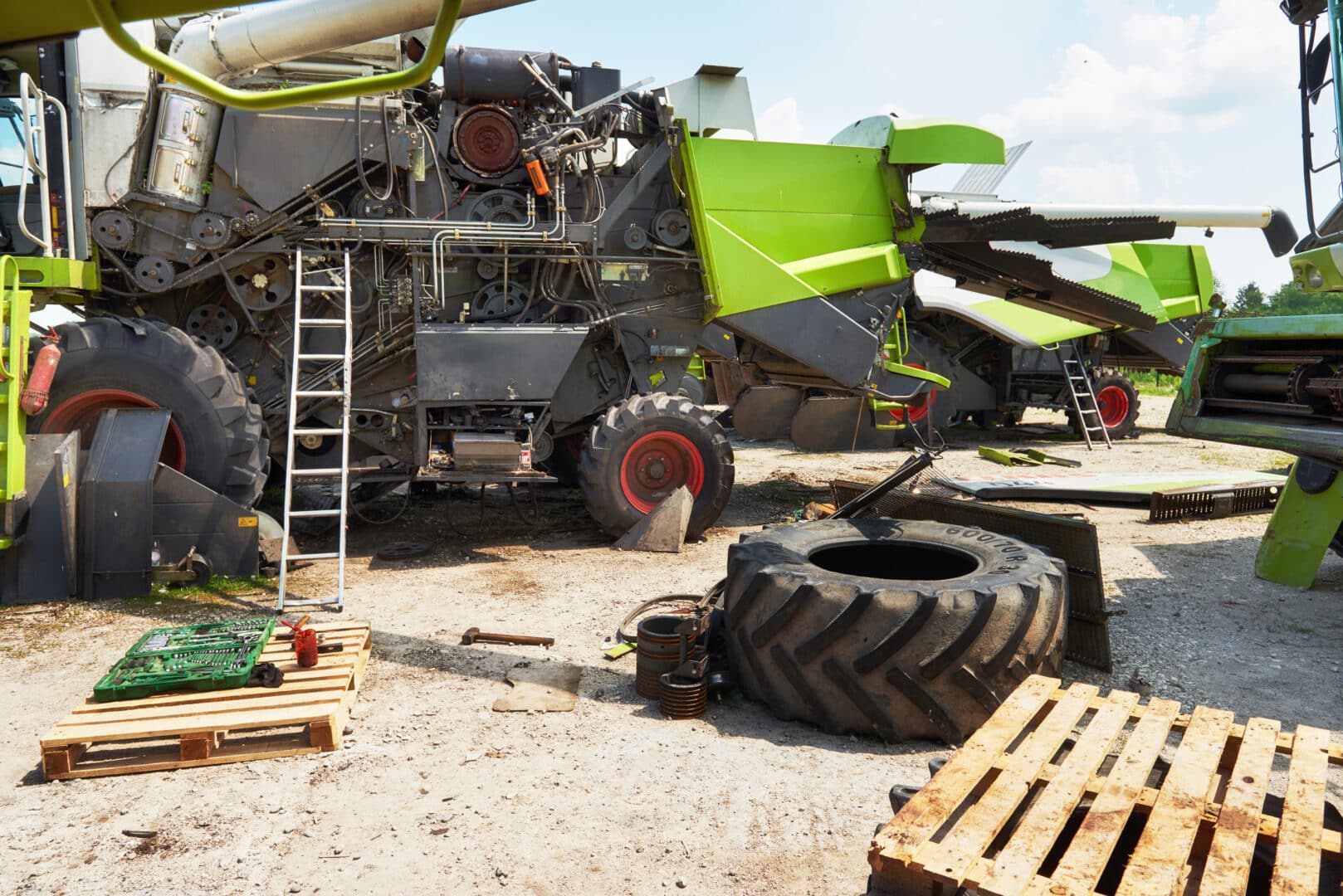
Questions to Ask When Considering Farm Insurance
With so many farm insurance products and policies to choose from, it’s key that you have a clear understanding of the options available to you. Here are some questions to consider asking your provider before signing on.
For one, does the provider offer full coverage for the farm? Farms are often unique businesses and ones that utilize different tools and equipment. That means each farm is different in terms of liabilities and coverage requirements.
How much experience does the company have in farm insurance? Farm insurance is a unique product that has to be effectively managed to ensure optimal coverage for the owner. All that is to say that it’s crucial that the insurance company has experience working with those types of products. When talking with a representative, ask about their experience and make sure they offer the level of quality expected to protect all assets over the long term.
In managing your coverage, as a farm owner, you should have a clear understanding of the factors that will influence your rates. Factors to consider are:
- Location of the farm
- Type of agri-business
- Quality and conditions of the buildings, structures, and equipment
The final question to ask your farm insurance provider is how often you should change your policy. Commercial farms often require quick changes, so it’s imperative that their policies have some built-in flexibility. However, there are some time limitations on coverage for newly acquired equipment and livestock.
To learn more about ranch and farm insurance – get in touch with Bennett & Porter Wealth Management & Insurance Services. We can help you understand your coverage better and protect your farm the right way.


